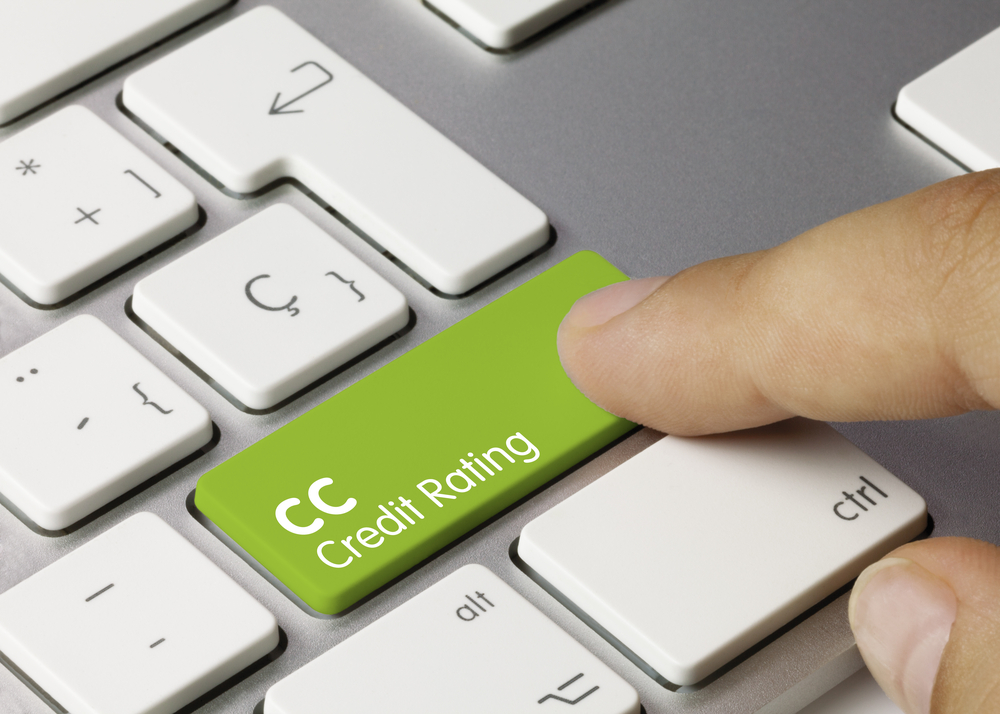

Most people hoping to buy a home will need a mortgage. Unless you have a large sum of money available, the prospect of buying a home with cash is unlikely. Without rich relatives or a lottery win, most people will have to rely on a mortgage to help them buy their home.
A mortgage is a long-term loan used to buy a property. Once you buy a home with a mortgage, you are allowed to live in the house and make payments towards the mortgage every month. Most mortgages last around 25-30 years.
To make sure the mortgage is affordable, lenders will carry out stringent checks on borrowers. They will look into their past, present and future financial situation to determine if they are responsible with money and have a steady source of income.
During these checks, lenders are looking for signs that you might struggle to repay your debts, and one of the key signals they look for is the presence of CCJs. Getting a mortgage with a CCJ can be more difficult, but not impossible. In this guide, we will look at some of the factors you will need to know about before applying for a mortgage with a CCJ.
A CCJ is also known as a County Court Judgement. Your creditors can apply to the courts to force you to repay your debts if you are in arrears. This is typically the last step, as it can incur additional charges for both parties. If you have a CCJ, it will impact your credit score. The credit report will show the amount you owe, who you owe the money to, the date it was decided in court, and if the debt has been repaid. A CCJ will stay on your credit report for 6 years.
You don’t have to, because it will appear on your credit report. All lenders will look at your credit report before making a lending decision, so there is no way to conceal this or try to hide it from the lender. Your application might include a question about CCJs and bankruptcy, so it’s important to be honest.
Some people aren’t aware they have a CCJ and this can cause problems when they submit their mortgage application. The most common reason for having a CCJ without your knowledge is from an old debt that is registered to a previous property. If you have missed the letters, you could end up with a CCJ without your knowledge.
This highlights the importance of checking your credit score before you move forward with an application. A CCJ can cause a significant drop in your credit score, so it’s worth checking if one is present before you begin an application. The presence of a CCJ can also influence the type of lender you approach, as some will be more forgiving of these red flags than others.
No, not always, but it can if you approach the wrong lender. Some lenders will fail to see past this red flag, so there is little point in submitting an application. Others will look at other factors that are on your application and make a more considered assessment. This can include:
No one likes to think about rejection, but it can be even more stressful when your dream home is on the line. If you have a CCJ and you are worried about it having an impact on your application, the best thing you can do is to be prepared.
By approaching the right lender, you can minimise the risk of rejection. Navigating the mortgage market alone can be stressful, which is why we recommend embarking on this journey with the help of a mortgage broker. They will be able to help you identify the lenders most likely to say yes.
You can also neaten up other areas of your application to minimise the CCJ. Pay down your existing debts and keep your spending within 20-30% of your credit limit. You can also close old accounts, make sure you’re on the electoral roll at your current address, and boost your deposit amount by as much as possible. You should also avoid any credit applications before you submit your mortgage paperwork, as this will appear on your report.
A lender might be able to overlook a CCJ if the other areas of your application look strong. This includes your deposit, current financial conduct and your income.
If your CCJ is coming to an end, you could be better off waiting until it has dropped from your credit report to make it easier to secure a mortgage. While a CCJ might not prevent you from securing a mortgage, it can make your interest rates higher, which means your mortgage will cost most in the long term. This is a common tactic employed by lenders to manage their risk.
If your CCJ is more recent, focus on getting it paid off and marked as satisfied on your credit report. This will often restore your credit score and help you to get your lending back on track. You can then approach a specialist mortgage broker to discuss your next steps, and if this should include a mortgage application or a little more waiting.
